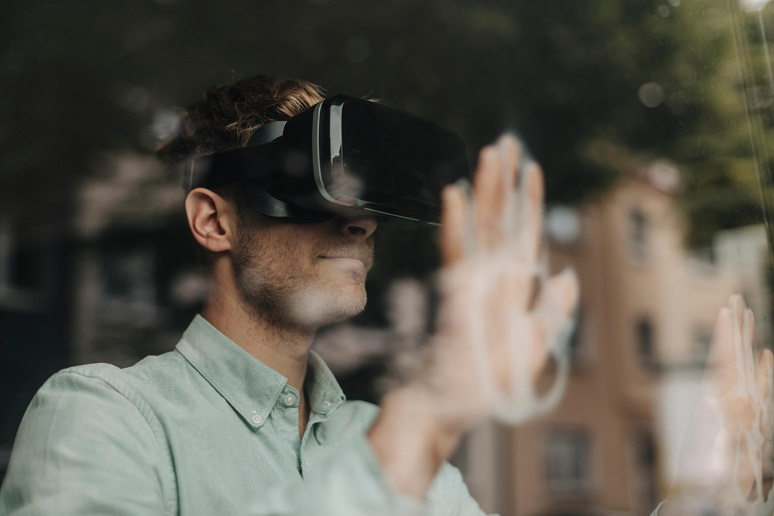AI is becoming increasingly present in our daily lives. From the way you interact with an airline’s web service to the way you are treated at your local fast-food behemoth and solicited (some might even say “bribed”) for overly positive feedback, measurements and records are constantly being collected and analyzed for better or worse — or both.
As virtual reality (VR) features enter more visibly into the conversation of all elements of enterprise-based transactions, affecting AI input and outcomes, such capabilities — and the metrics that such interactions generate — will become potent tools used to manage just about everything. The biggest questions are — and will continue to be —what is being measured, how accurate or true are the measurements, and are the right things actually being measured.
The metrics are the biggest concern from the enterprise perspective and the “now” issue. But privacy issues are also front and center for everyone in the VR space and will be a much bigger issue in the future. As the technology continues to evolve to even greater levels of sophistication and ubiquitous-ness, the volumes of very personal data that can be collected and stored is almost unfathomable. This also means that the amount of data that can be accessed and compromised will be not only increasingly vast but increasingly vulnerable as well.
The privacy issues are only just beginning to surface, as
VR/AR analyst Tom Brannen of OnConvergence told me. As VR technology advances, vendors will be adding more cameras to their VR devices, and biometrics information will be simply "there for the taking," he explained. Biometric data gathered from VR and contextual awareness, which can enable technology to measure your blood pressure or watch your eye focus, also creates incredible challenges for maintaining the little bit of personal privacy that we still can claim.
Currently, the two biggest players in the VR space are Meta (Facebook’s parent) and Pico (owned by ByteDance, the same Chinese company that also conveniently owns TikTok). However, a “huge opportunity for Apple” exists, and it “may explain Apple’s pivot towards privacy as a priority as it makes a leap into this space,” Brannen said.










